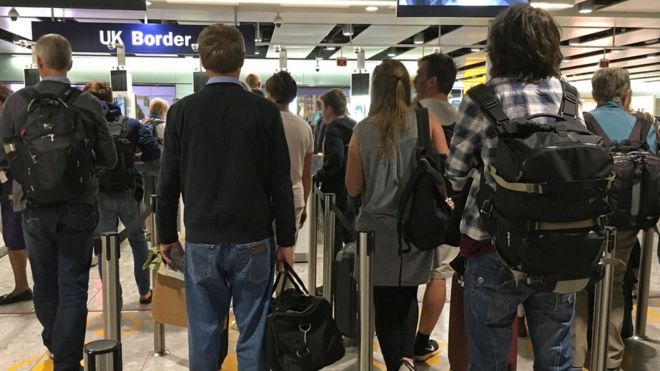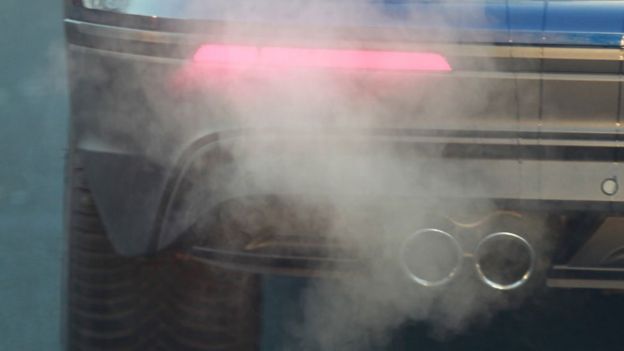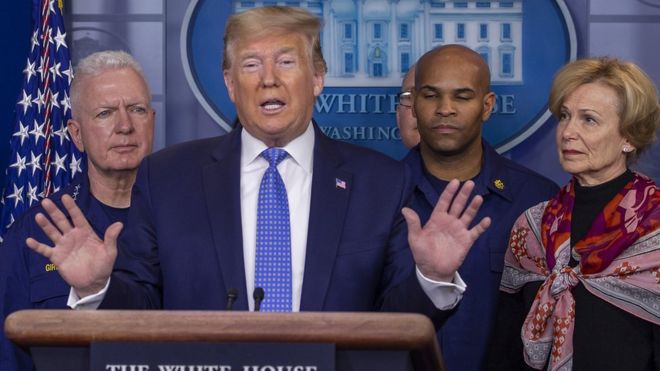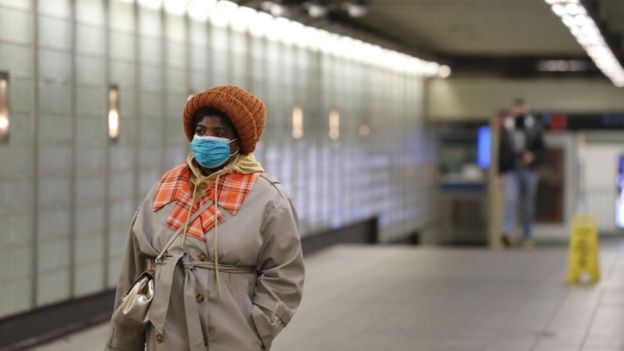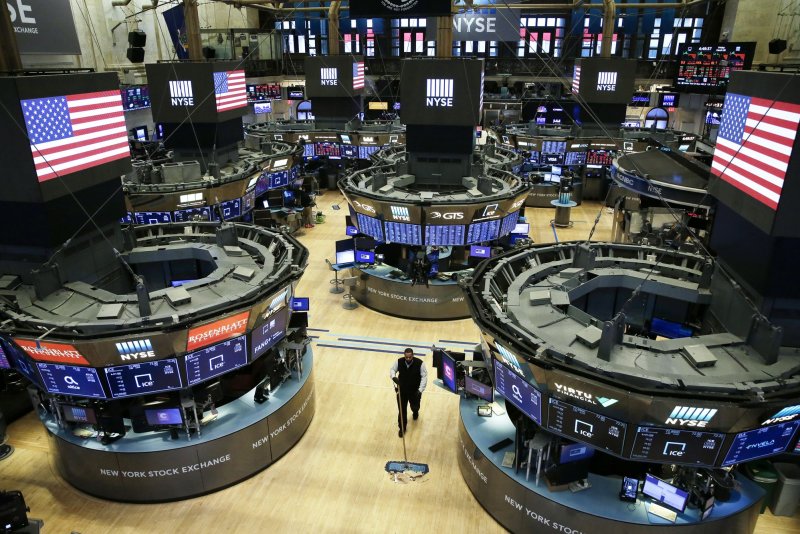
With U.S. Citizenship and Immigration Services interviews suspended amid the coronavirus pandemic, farmers will be unable to bring in any new migrant workers. Photo courtesy of U.S. Department of Agriculture
EVANSVILLE, Ind., March 20 (UPI) -- Fresh fruits and vegetables could be in short supply this year because the coronavirus pandemic is making it more difficult for farmers to bring in migrant workers from other countries.
As of Thursday, U.S. Citizenship and Immigration Services had suspended all in-person interviews until further notice to protect its staff from the rapidly spreading disease.
The decision means no new migrant workers can obtain visas. With spring planting season about to begin in many states, farmers fear they won't have enough labor to plant and later harvest their crops.
"This is a problem," said Jason Resnick, the vice president and general counsel of Western Growers, an association that represents family farmers in Arizona, California, Colorado and New Mexico.
"There will be less fresh produce on store shelves because of this -- there is no doubt about it," Resnick said. "Farmers are not going to be able to produce all of their crops for lack of labor."
On Friday, however, Secretary of State Mike Pompeo told the media at a coronovirus update press conference that the United States will do all it can to ensure that foreign migrant workers can return for the harvest season. He did not elaborate.
Currently, only foreign workers who came to the United States last year under the migrant farm worker program (H2-A) may return, Resnick said. On an average year, returning migrant workers comprise between 40 and 50 percent of America's 250,000 annual migrant farmworkers, the majority of whom are from Mexico, Guatemala or other Latin American countries.
"At this point, we'll be lucky to get half the workers we need," Resnick said.
On Thursday, the U.S. Agriculture and Labor departments announced they had identified nearly 20,000 migrant workers currently in the United States whose contracts are about to expire and "could be available" to work for a different farm.
"At this point, we just don't know how many workers we're going to get," said Zippy Duvall, the president of the American Farm Bureau Federation. "If it's a low number, we could really face some problems. It has the potential to have a serious effect on the food supply this fall."
The impact will be on fruits and vegetables -- produce such as tomatoes, peppers, berries and melons -- that have to be tended and picked by hand.
"Basically, all the things that you would grow in your garden," Duvall said.
Commodity crops -- like wheat, corn and potatoes -- can be planted and harvested using tractors and other machinery.
"We are not a highly mechanized industry," said Brian Garwood, the owner of Garwood Orchards, a fruit farm in northern Indiana . "We are still dependent on labor. And it is tough work. We can't get Americans to do these jobs. If I don't get migrant workers, we won't be able to do anything. I'll go out of business."
On Thursday, Garwood said he still was on track to receive his normal returning workforce this spring.
"My first visas are set to arrive April 1," Garwood said. "I don't really need them until April 19, but I'm going to ask for them as soon as possible. I don't want to risk not getting them here and not getting a crop planted."
Nearly 70 percent of the vegetables and about 45 percent of the fruit consumed in the United States is grown domestically, according to the U.S. Food and Drug Administration.
"We take food for granted," Duvall said. "The fact is, we can do without just about everything we have -- except for food and water. And we have to plan for food production."
NOT SO IN CANADA THOUGH










